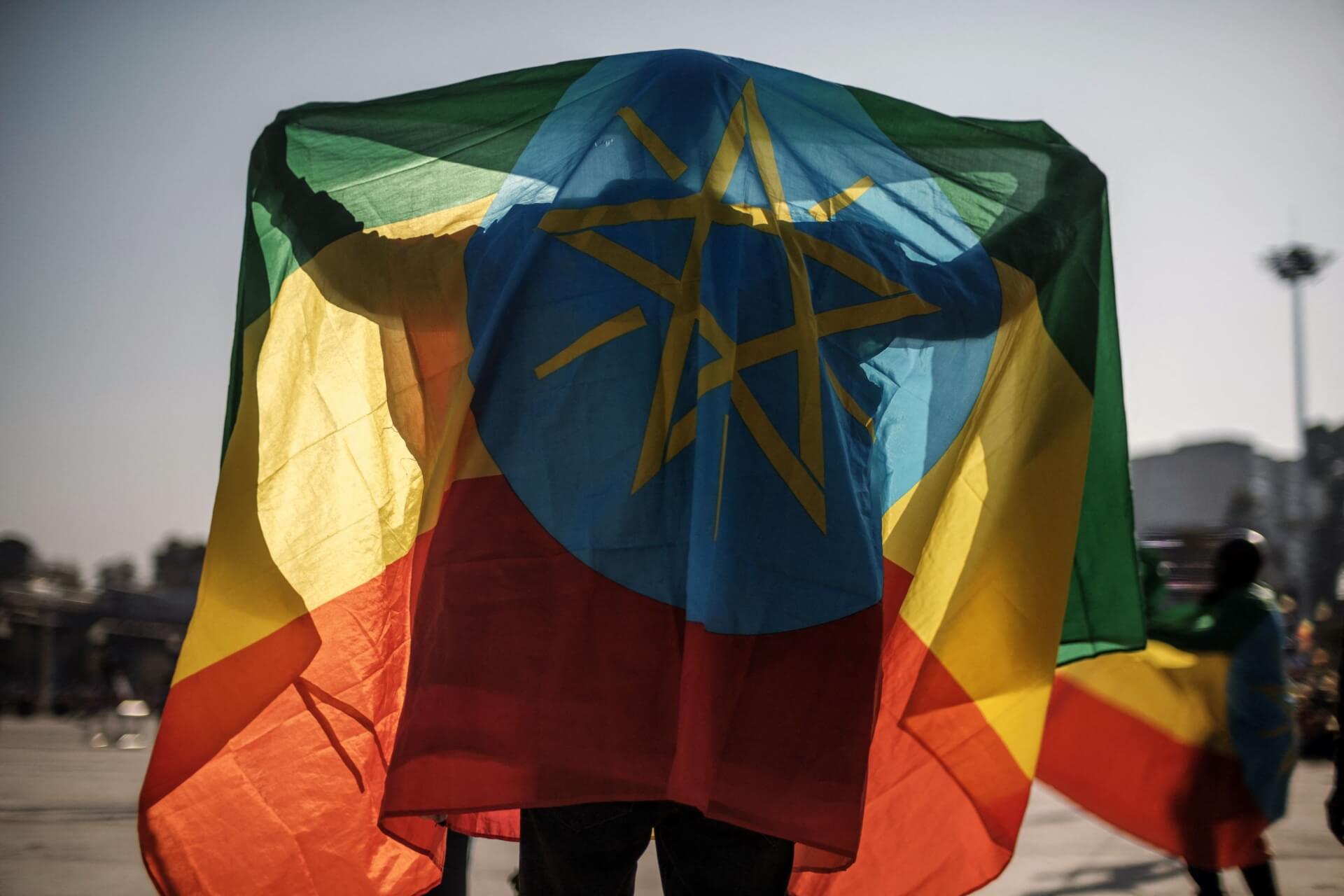Ethiopia has ended the wartime state of emergency imposed in November last year when the Tigray People’s Liberation Front (TPLF) threatened to attack the capital Addis Ababa and overthrow the government.
On Tuesday, Ethiopia’s parliament voted to lift the state of emergency three months ahead of schedule, citing recent positive developments in the conflict with the TPLF. The vote was held following a decision made last month to end the emergency by the Council of Ministers, the top executive body chaired by Prime Minister (PM) Abiy Ahmed.
63 out of 312 members of parliament voted against the measure while 21 abstained. Furthermore, authorities failed to clarify whether ending the emergency would also lead to a ceasefire deal and mentioned nothing about releasing the people who were detained under emergency measures.
On November 2, Ethiopia declared a nationwide state of emergency as Tigrayan forces claimed they were gaining territory and considering marching towards Addis Ababa in a bid to oust Abiy’s government. Authorities had said that the emergency was meant “to protect civilians from atrocities being committed by the terrorist TPLF group in several parts of the country.”
Abiy even said that the measure was meant to “provide a time of solution” for Ethiopians as he urged citizens to cooperate with law enforcement agencies and even help security forces in preventing the rebels from advancing to the capital. However, several rights agencies reported that Ethiopia used the emergency to detain and arrest thousands of ethnic Tigrayans in the capital.
Ethiopia's parliament on Tuesday lifted a wartime state of emergency imposed last November when Tigrayan rebels threatened to advance on the capital, easing restrictions earlier than expected
— AFP News Agency (@AFP) February 15, 2022
➡️https://t.co/5mimKoDPri pic.twitter.com/H0uo6PvjDW
Several Tigrayans were freed in December following a series of victories for the military against the TPLF in the regions of Afar and Amhara. The rapid gains made by the military forced the rebels to retreat back to Tigray.
The TPLF had accused Turkey, Iran, and the United Arab Emirates (UAE) of providing Abiy’s government with drones and other military aid. According to a report by The New York Times in December, the gains made by Ethiopian forces on the battlefield were made possible by a “fleet of combat drones” acquired from allies in the Middle East—especially Turkish Bayraktar TB2 drones—since September.
The United States (US), which had voiced concerns over the declaration of emergency and condemned the mass arrests of Tigrayans, welcomed Tuesday’s decision to lift the emergency. US State Department spokesperson Ned Price also urged Ethiopia to “release” all individuals detained. “The end of these detentions will facilitate an inclusive and productive national dialogue,” Price said.
In a separate development on Tuesday, the US House Foreign Affairs Committee passed a bill requiring the Biden administration to take “additional measures” to end the Ethiopian civil war. Furthermore, the bill stipulates that the US should “develop a plan for supporting democracy and human rights in Ethiopia,” impose sanctions on individuals responsible for human rights abuses, and “suspend all security assistance” to Addis Ababa unless it ceases its military offensive.
The conflict in Tigray has killed tens of thousands of people, displaced over two million, and has witnessed grave human rights violations, including mass killings, rapes, and deliberate starvation. Both the Ethiopian government and the TPLF have been accused of committing atrocities.

